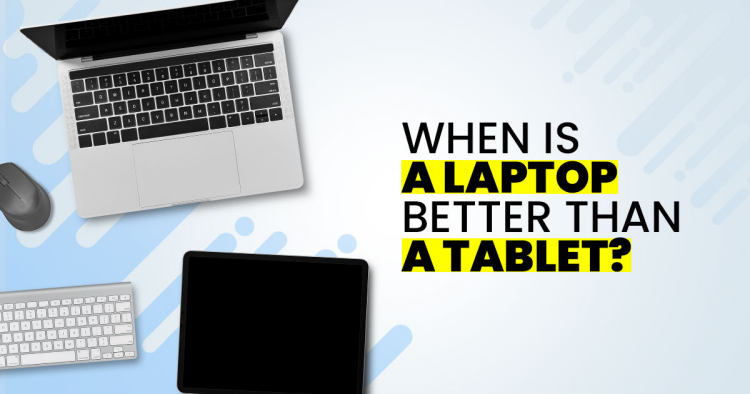
In the age of digital mobility, the dilemma between choosing a laptop or a tablet is a common one. While both devices offer portability and convenience, they cater to different needs and preferences. So, without further ado, let's dive into the scenarios when a laptop is better than a tablet.
Performance, power and the opposite of mobility
Laptops generally pack more power and performance compared to tablets. They come with stronger processors, more RAM, and larger storage capacities. For example, a graphics designer working with high-resolution images or a video editor cutting 4K footage will benefit from a laptop's robust capabilities.
Most of the time, professions that need this level of processing power, such as programmers, developers, video editors, designers and animators, don't actually need to go out and about. As such, they would not benefit from the mobility that a tablet can bring and are much better suited for a more powerful laptop. More often than not, such powerful laptops are used as desktop replacement units as they take up less space and can be portable if necessary.
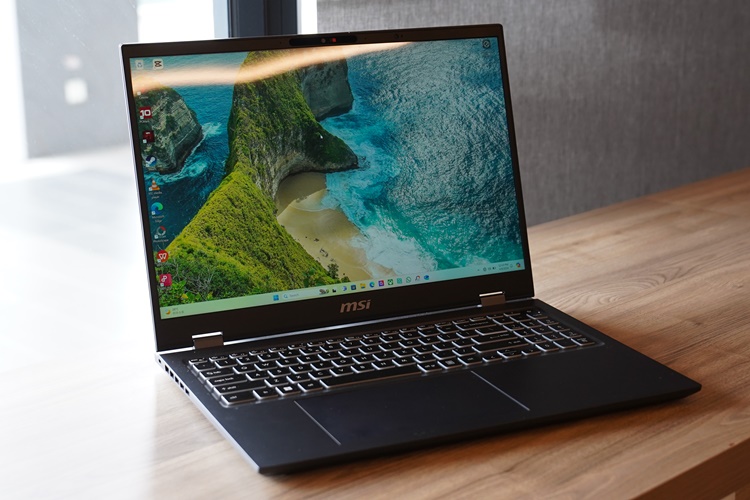
The MSI Prestige 16 AI EVO B1MG is a sleek laptop for the working professional
Better keyboard experience
The physical keyboard of a laptop is a game-changer for those who type extensively. Bloggers, writers, and students crafting essays will find the tactile feedback and ergonomic design of a laptop keyboard more comfortable for long typing sessions than a tablet's on-screen keyboard or even its detachable counterpart.
Many such laptops now come with mechanical keyboards or keyboards designed for greater overall comfort. On the other hand, most detachable tablet keyboards are not as comfortable to type on for long periods of time, but this is more because they have been designed for portability over comfort. Keyboards for gaming laptops also tend to have RGB lights, so they look better for those who like to show off how they are typing (or gaming).
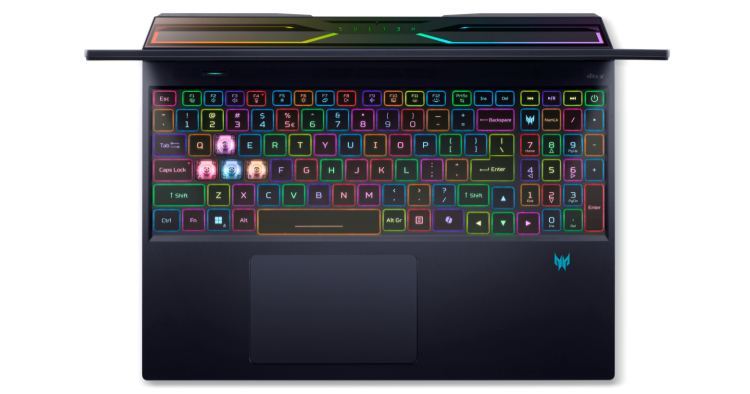
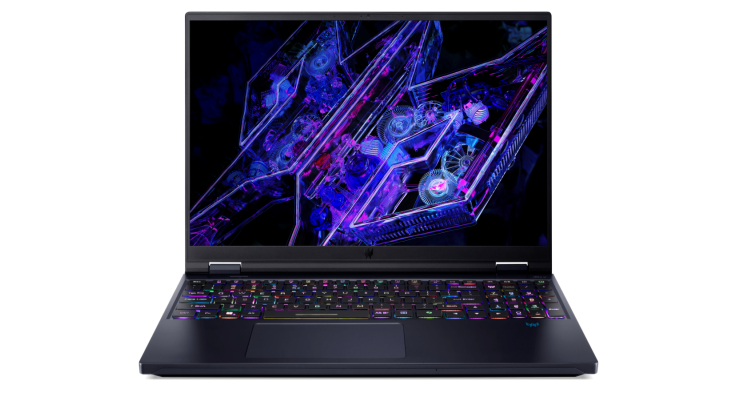
The Acer Predator Helios 18 offers mechanical keyboards and customisable RGB backlights beneath the keys for a more comfortable typing and gaming experience
Software and multitasking
Laptops run full-fledged operating systems like Windows or macOS, which support a wide range of software often unavailable on tablet OSes. This makes laptops a better choice for professionals who rely on specific programs. Plus, the ability to have multiple windows open simultaneously makes multitasking a breeze.
This isn't to say that tablets can't multitask well. It's just that more powerful laptops can better handle multiple tabs opened on the browser than tablets can. So, if you're one of those people who absolutely must have 10 or 20 tabs open on the browser at the same time, then a laptop is definitely better for you than a tablet would be.
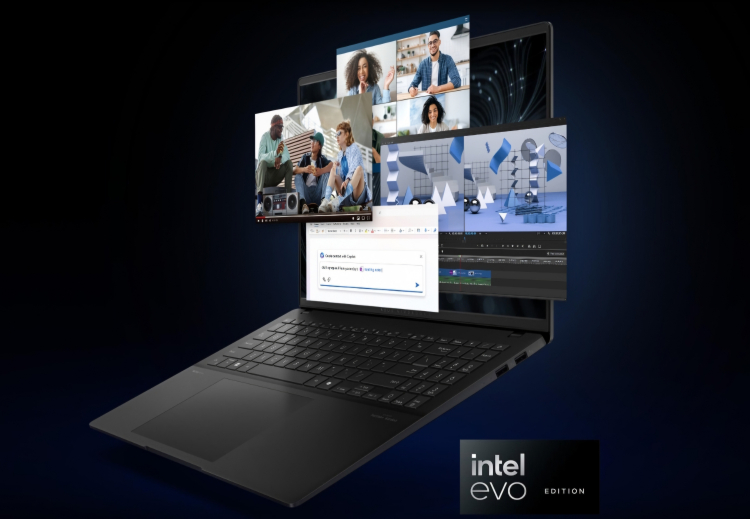
Laptops generally handle multi-tasking better
Connectivity and expansion
Laptops typically offer more ports for connectivity. Whether it's HDMI for presentations, USB for peripherals, or an SD card slot for photography, the ability to connect to various devices is crucial for many. Take, for instance, a DJ needing to connect audio interfaces or a photographer transferring files from a camera.
Tablets, on the other hand, usually have only one USB Type-C port. Granted, you can get an expansion USB hub that offers more ports, but that means it's another accessory you have to bring along with you.
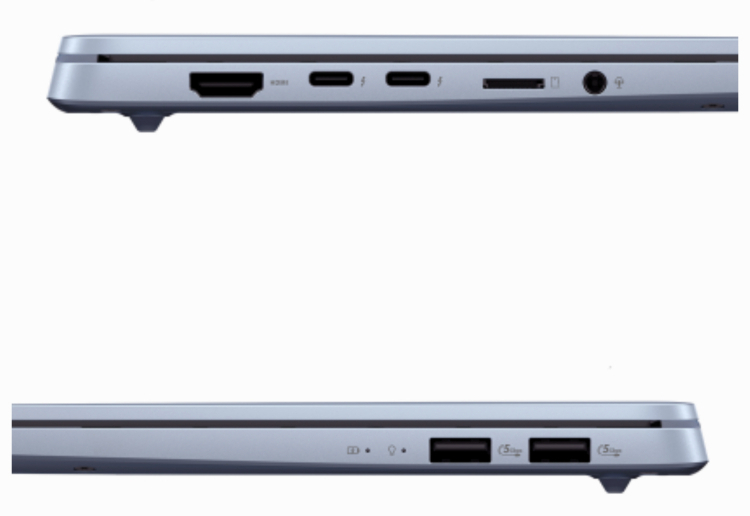
The ASUS VivoBook S16 OLED offers a number of ports, including 2x USB 3.2 Gen 1 Type-A, 2x Thunderbolt 4, 1x HDMI 2.1 TMDS, 1x 3.5mm Combo Audio Jack, and a Micro SD card reader for transferring data and expanding memory
For those who need connectivity and power over portability
While tablets excel in portability and user-friendly interfaces, laptops stand out for their performance, multitasking capabilities, and connectivity options. They are the go-to choice for professionals and students who need a reliable workhorse. Ultimately, if your tasks demand more than media consumption, office work or light content creation, a laptop is likely the better bet.
If you need more connections and power than portability, prefer multi-monitor setups, or just like to have plenty of tabs open in your browser, then a laptop is also better than a tablet for you. Professions that come to mind include programmers, developers, accountants, videographers and photo editors. But there are exceptions to this like architects and scientists who need the power but sometimes also have to be on-site.
This may change if cloud-based computing streamed to devices becomes more commonly available or mainstream. But for now, this is the current reality for laptop users. What do you think? Are you more of a laptop user than a tablet user? Why? Share your thoughts in the comments below and stay tuned to TechNave.com for more articles like this. Also, if you think you're more in the tablet user camp, do check out our article on "When is a tablet better than a laptop?"




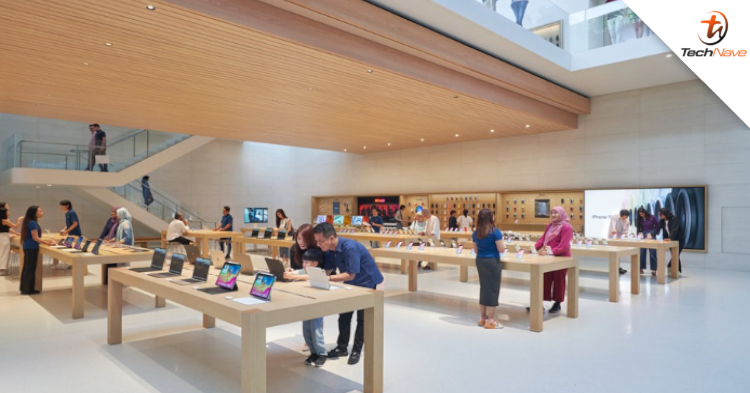
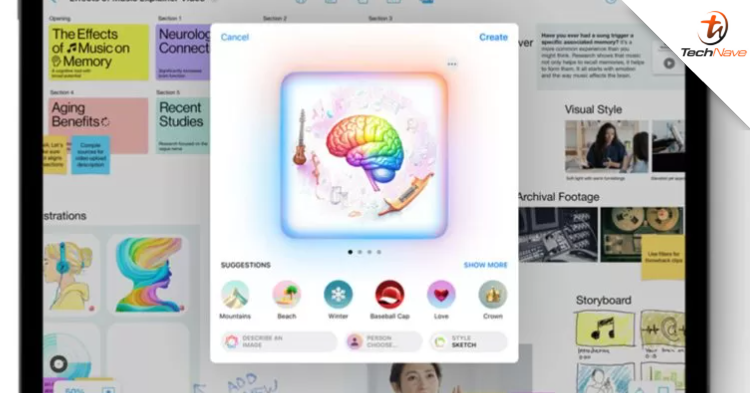

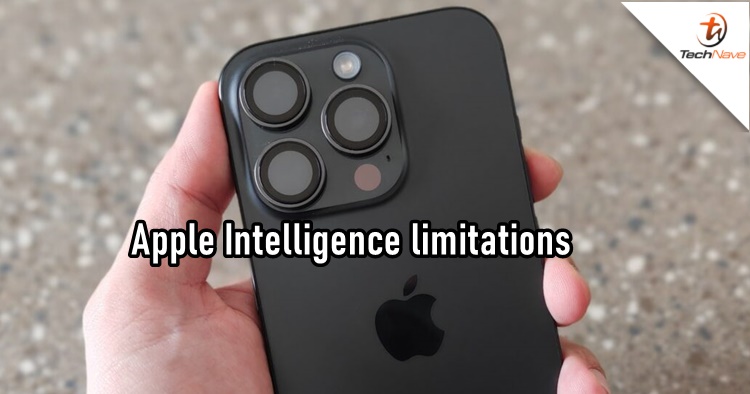

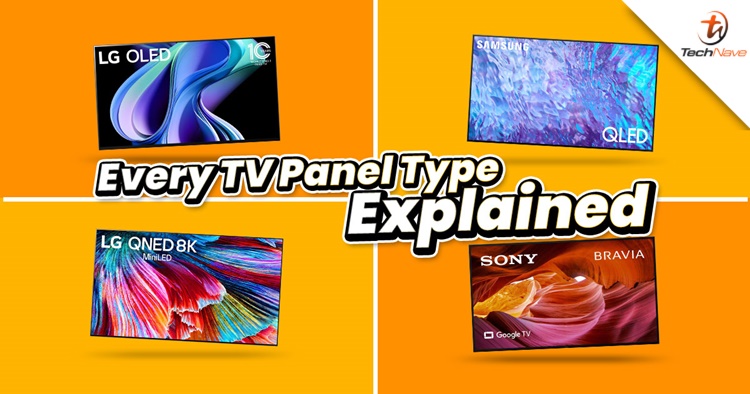
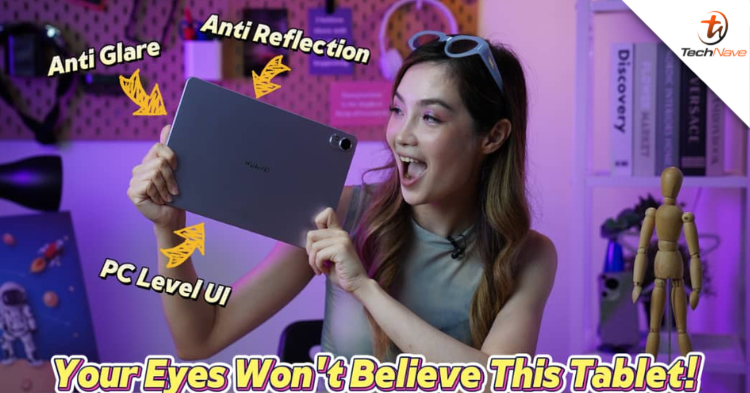
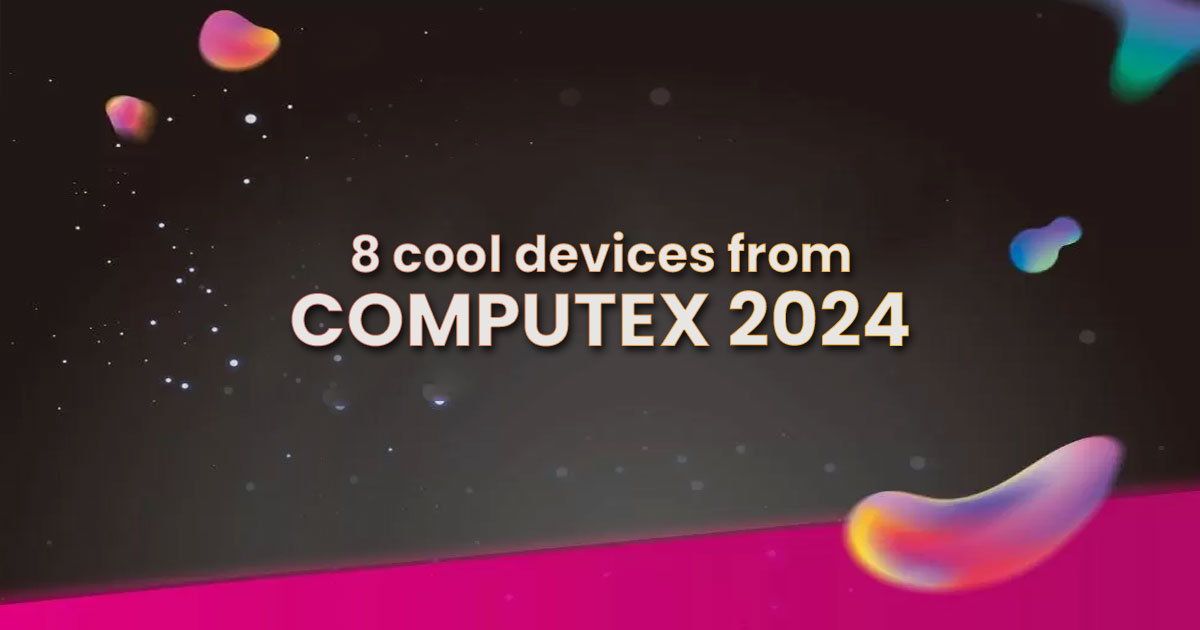

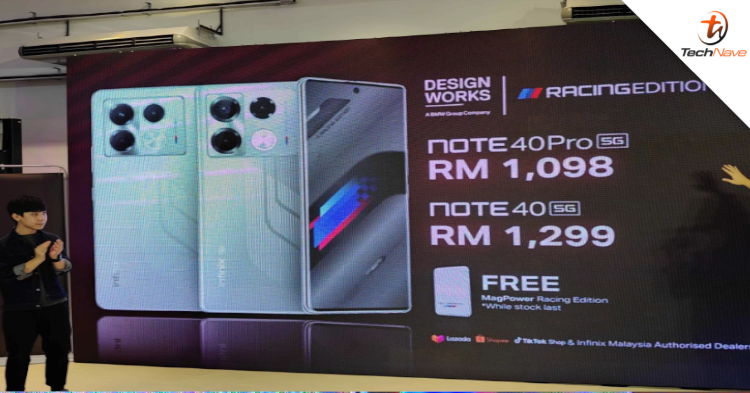
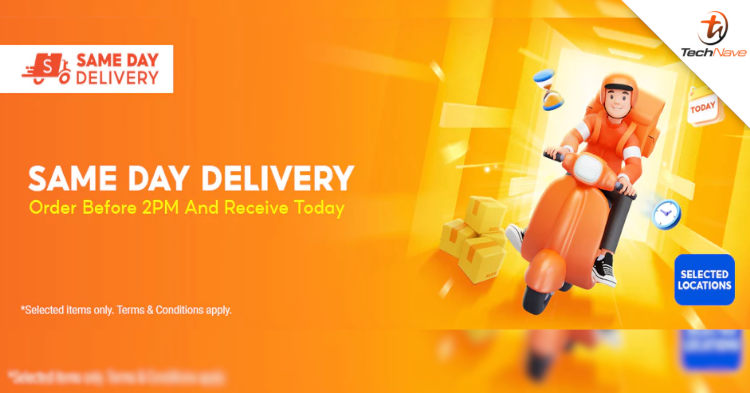
COMMENTS